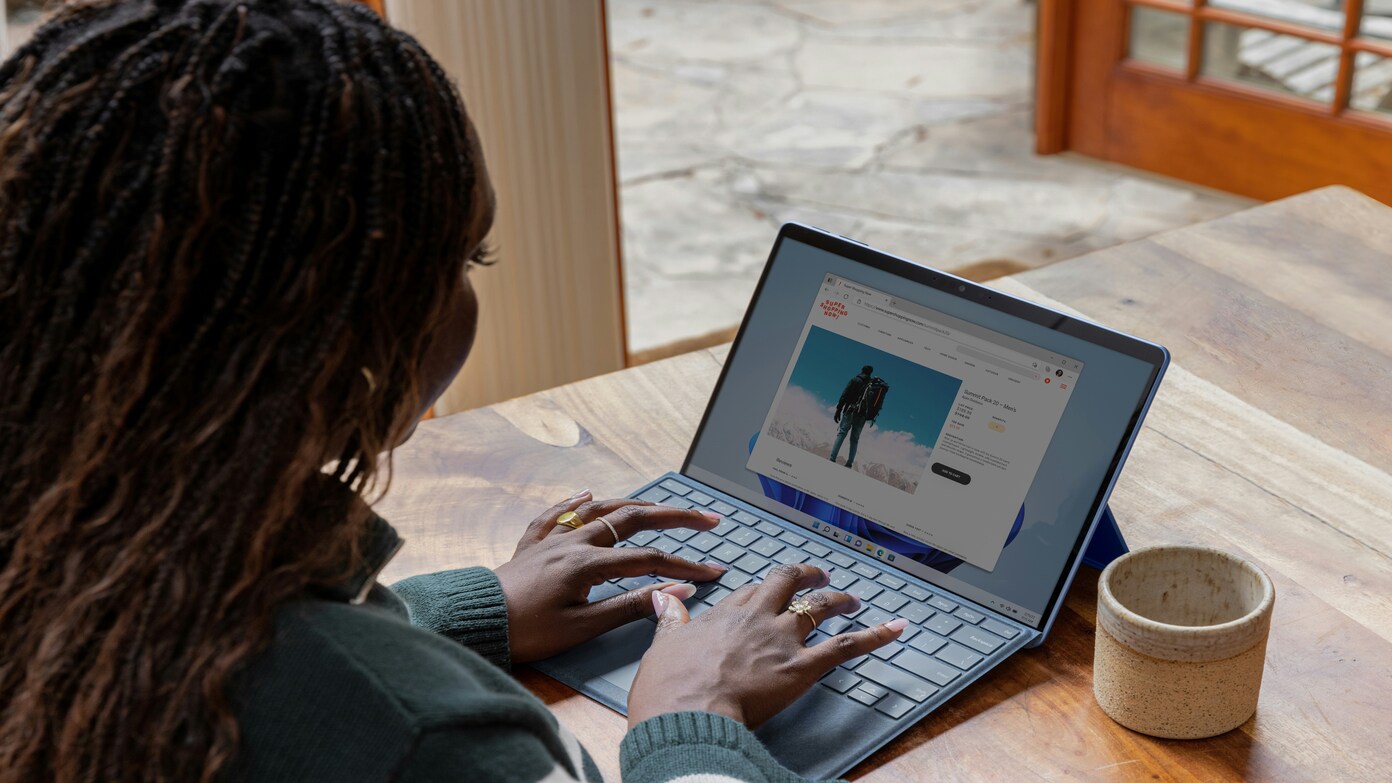A four-year look at working from home
Working from home is no longer just a pandemic experiment—it’s a lifestyle. A four-year Australian study from the University of South Australia followed employees before, during, and after the COVID-19 lockdowns to see how remote work really affects people.
The results are clear: when working from home is a choice, not a rule, it makes people healthier, happier, and more balanced.
More sleep, less stress
One of the biggest perks? Sleep. Remote workers gained about 30 extra minutes of shut-eye every night. That’s because they no longer spent hours stuck in traffic or crammed into buses and trains.
Before, Australians lost an average of 4.5 hours every week just commuting. That time has now turned into more rest, more energy, and less stress. Researchers even found that workers felt calmer and had fewer signs of burnout.
Time saved = time gained
What did people do with all that saved commuting time? A lot! Some used it to get ahead on projects or do chores at home. Others spent more time with kids or family. And interestingly, about a third of the time was used for fun things—like exercise, hobbies, or just relaxing.
This means remote work isn’t just about “working in pyjamas”. It’s about reshaping the day so people can be productive and enjoy life. A similar study in Spain even found that teleworkers gained the equivalent of 10 extra free days every year.
Eating better at home
Remote work also changed eating habits. At first, yes—people snacked more because the fridge was right there. But over time, many workers started eating healthier meals. The study found that homeworkers ate more fruits, vegetables, and dairy, and they cooked at home more often.
Turns out, having control over your kitchen can mean better food choices than grabbing fast food on the way home from the office.
What about productivity?
Managers often worry that working from home means people will slack off. But the study showed the opposite: productivity stayed the same or even got better.
The difference comes down to choice. When people were forced to work remotely during lockdowns, they struggled more with isolation. But when they chose remote work, motivation and happiness went up—and so did output.
Of course, building strong team connections is trickier when everyone is spread out. But researchers noted that with good communication tools and some creativity, teams can stay connected without losing productivity.
Rethinking the meaning of work
The biggest takeaway from this study isn’t just about sleep or meals—it’s about what work means. Remote workers consistently reported higher job satisfaction, better health, and more control over their time.
But it’s not a one-size-fits-all solution. Remote work isn’t right for every job, every person, or every company. What it does show is that flexibility is powerful. Businesses that allow a mix of office and home work—hybrid setups—may see the best of both worlds.
Read this later:
Bad news for US manufacturers: tariffs were meant to help but they may be doing the opposite
Paul Renner launches gubernatorial bid in Florida, challenging Trump pick Bryon Donalds
Trump takes tariffs fight to US Supreme Court
Bad news for Trump’s tariffs as court rules against President’s policy
The bottom line
Working from home started as a necessity during COVID-19. Now, thanks to studies like this one, we know it’s more than a quick fix—it’s a real pathway to better living.
For workers, it means less stress and more balance. For companies, it’s proof that happy employees can still deliver results. And for society, it could mark the start of a healthier, more flexible way of working.
Remote work isn’t just about staying home—it’s about moving forward.

